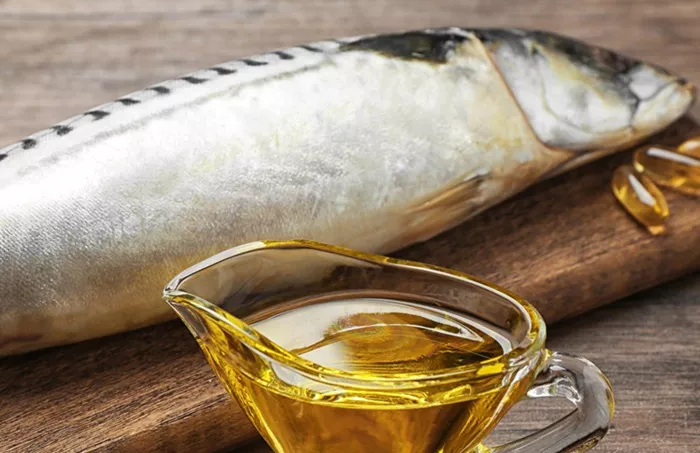In an era where many struggle to maintain a nutritious diet, unconventional oils have often been promoted as miracle solutions. Surprisingly, one of these remedies, cod liver oil, has proven to be rich in essential vitamins.
The term “cod liver oil” often evokes nostalgic images of a murky spoonful offered by school nurses or stern headmasters from a bygone era. Unlike many remedies from the 18th and 19th centuries that have faded into obscurity—such as opiates for fussy babies or syrup of figs for ailments—cod liver oil remains notable for its genuine health benefits.
Extracted by heating the livers of codfish, cod liver oil is packed with vitamins A and D. Prior to the identification of vitamins, it was observed that children given cod liver oil were less susceptible to rickets, a bone disease that can lead to severe health complications. The scientific breakthrough in 1919, which revealed the link between calcium deficiency and vitamin D deficiency as culprits behind rickets, clarified the tonic’s efficacy. During World War II, the British government distributed free cod liver oil to children under five years old, underscoring its perceived importance.
Despite its benefits, cod liver oil is notorious for its unpleasant taste, often exacerbated by oxidation that can render it rancid. While exposure to sunlight is a more palatable method of vitamin D absorption, it has long been inadequate for many children in the UK. This challenge persists today, particularly as meteorological predictions indicate a significant increase in rainy days in the coming decades.
In response to widespread vitamin D deficiencies, governments turned to food fortification beginning in the 1940s. The UK mandated vitamin D fortification in margarine, while bread, milk, and breakfast cereals also saw similar enhancements. In the United States, milk has been fortified with vitamin D since 1933. However, in the UK, fortification faced setbacks after reports of hypercalcaemia—a condition caused by excess calcium—emerged, leading to suspicions of vitamin D overdoses among children. Consequently, fortification efforts were halted in the 1950s, apart from margarine and baby formula.
Despite these initiatives, cod liver oil has not regained its former popularity. In 2013, the UK discontinued the fortification of margarine, advising citizens to opt for supplements instead, though this guidance largely went unheeded. Recent advancements in vitamin D testing have revealed alarming statistics: nearly 40% of children and about 30% of adults in the UK are vitamin D deficient, particularly among populations with darker skin.
Additionally, rickets has resurged. In the 1960s and 1970s, hospitalization rates for rickets were exceedingly low, but numbers began to climb dramatically in the 2000s, with the highest rates recorded in five decades.
With these trends in mind, the UK’s Scientific Advisory Committee on Nutrition is reevaluating the possibility of reinstating food fortification. It is now believed that previous concerns regarding hypercalcaemia were linked to a genetic disorder that impairs vitamin absorption, rather than excessive consumption of fortified foods.
The resurgence of rickets highlights the need for a reassessment of nutritional strategies. As the health benefits of cod liver oil become increasingly relevant, there may soon be a renewed appreciation for this old remedy in modern dietary practices.
Related Topics
Vitamin Deficiencies: How Your Body Signals Nutritional Shortfalls
Higher Doses of Vitamin D3 Fail to Lower Cardiac Biomarkers in Seniors
Addressing Challenges of Plant Proteins in Food and Beverages

































